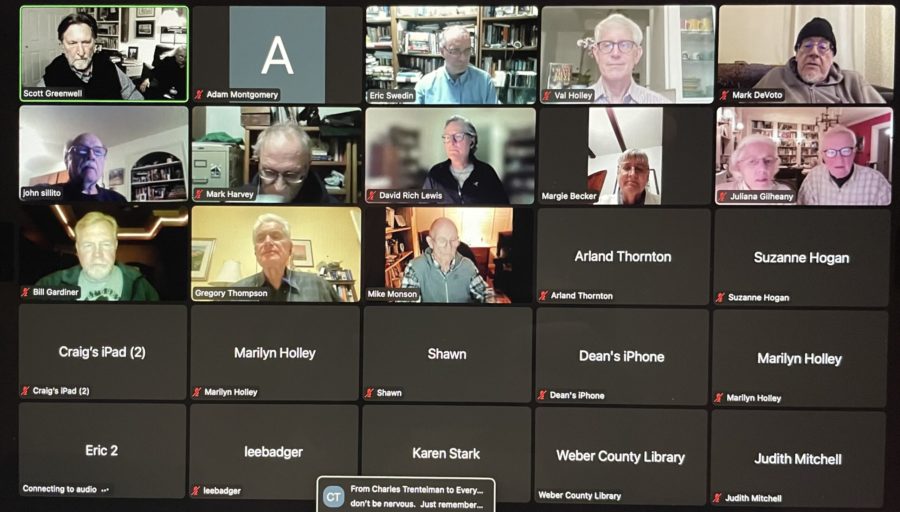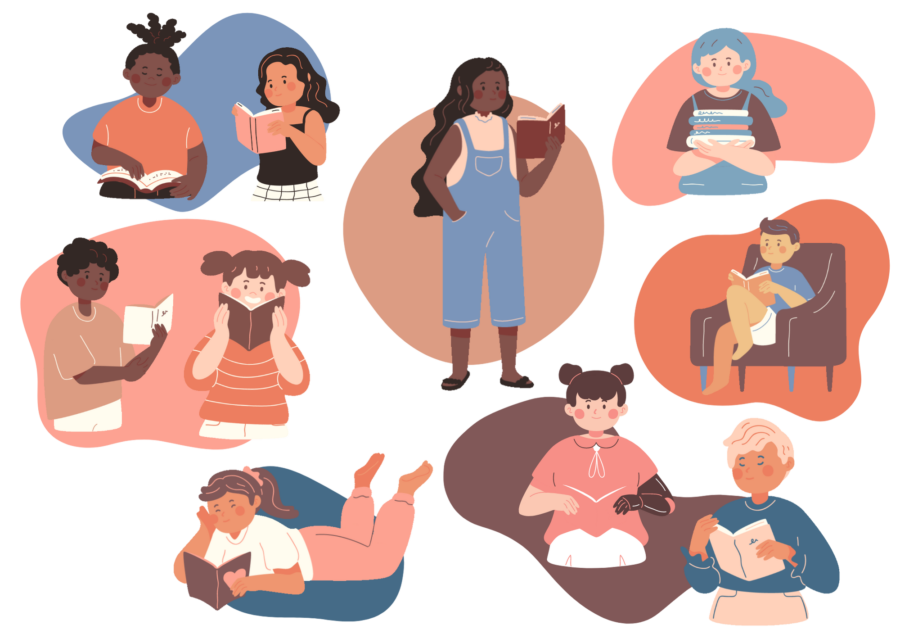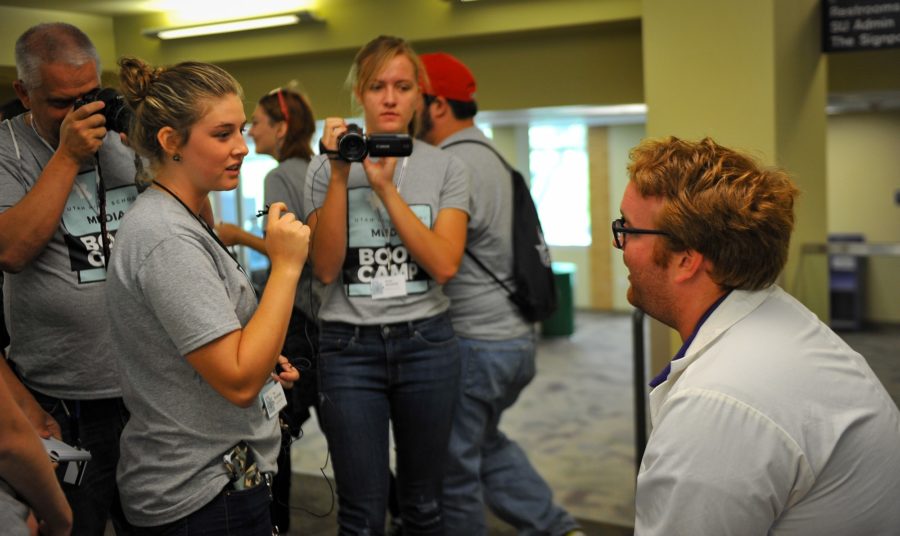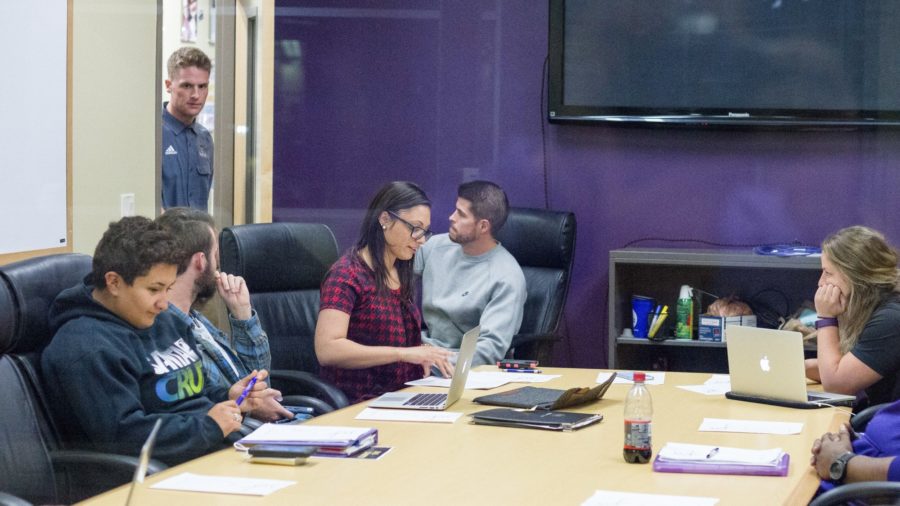We’ve heard it all before: Technology is killing the publishing industry. Print is dead. Online is the new offline. Sharing is easier than lending. Save some trees, get a Kindle. So on and so forth.
It’s true that digital publications are more con
venient, cheaper and more environmentally conscious than print publications. Digital is also more accessible to a wider margin of writers and readers.
But does that really mean print is dead?
There are two major problems with going completely digital: archiving and ownership.
Recently, “Publishing Executive” came out with the article “A Fickle Mistress,” saying to not to discount print . . . yet.
“If we can imagine a day when print may no longer exist,” wrote Samir Husni, author of “Mistress,” “why do we not imagine the reverse: a day when digital may disappear?”
Let’s imagine the day has come when print has died. Books, magazines and newspapers are all available only through digital archives. Life is fantastic for modern bibliophiles, who can access millions of texts from one device, and college students love not having to carry heavy backpacks anymore. Great. Everyone is happy.
Now imagine something like Hurricane Sandy happens on a global scale, wiping out electricity, the Internet and cell phone towers for days, maybe even weeks. And when things finally do come back online, the almighty digital archive has been wiped clean.
How are we going to begin rebuilding our history and culture?
Print.
“Print is the cornerstone of publishing,” Husni wrote. “. . . All things in between — digital, iPads, mobile, etc. — are mere daughters, sons and cousins of print.”
This statement couldn’t be truer. Let’s use The Signpost to prove this. The Signpost is a news organization, but it began with a print entity. We publish online, but the actual newspaper is where the design and stories coalesce to make a product, something tangible people can own.
The things we read online or even on an e-reader don’t really belong to us. It’s more like we’re borrowing the code to get the information or enjoyment we want. The layout is different from what would be printed, sometimes lacking in certain aspects, and multiple people are probably viewing the same thing at the same time.
But a book, magazine, newspaper — these things are physically yours. No one else is reading the book you are currently holding. They may be reading their own copy, but it is their own, just as the one you hold is yours, and it’s all laid out as the author and publisher imagined — no ruined pagination, no messed-up fonts, etc.
Right now, it looks like our world is going to go the e-publishing route. Bookstats.org reported e-books as the largest-grossing market in the publishing industry currently. That’s great. E-books and webzines are beneficial to have because of all the positive aspects mentioned above.
Still, we shouldn’t discredit print yet. Print is the backup for digital, just as digital is the backup for print. These two parts need to work together to make the publishing industry stronger and keep the world’s texts available for the masses.



















